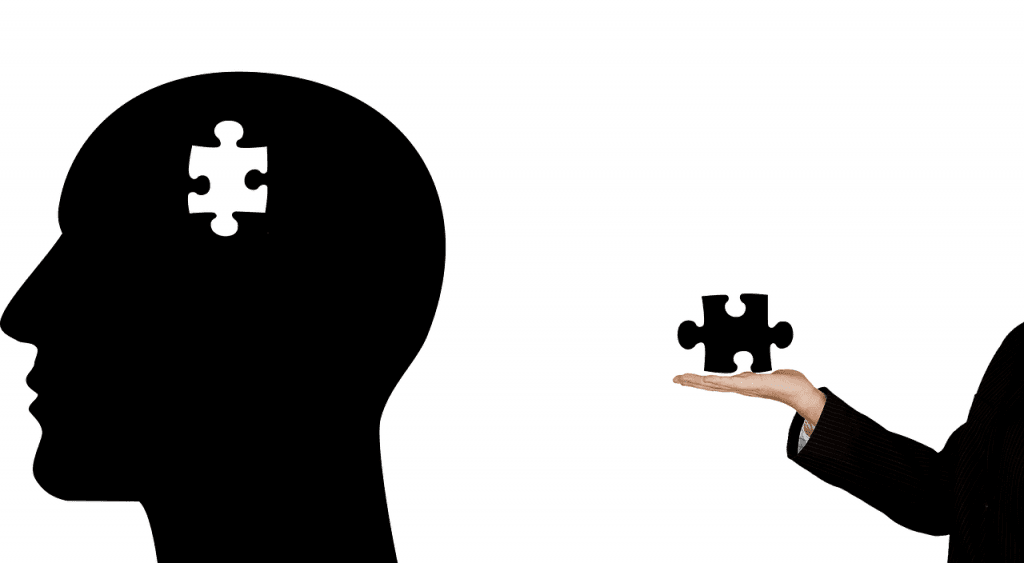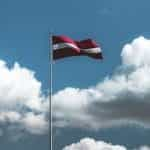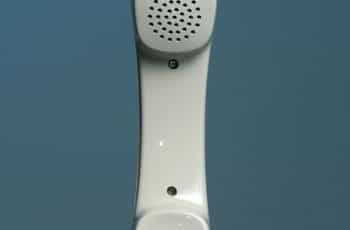Self-Exclusion Scheme Launched in Latvia
A self-exclusion scheme set-up by the Latvian government is now active. This system enables Latvians to prevent themselves from gambling for a period of 12 months. It works through a register that is managed by the Lotteries and Gambling Supervisory Authority (IAUI) and was established under the Gambling and Lotteries Law. The register went live on the 1st of January 2020.

The Latvian government as introduced multiple schemes aimed at helping those struggling with problems related to gambling. These include the self-exclusion register, as well as free psychological support for those affected and their loved ones. ©Tumisu/Pixabay
Consumers can exclude themselves from both interactive and land-based gambling using the register. For a user to exclude themselves, they can submit a request in writing to the regulator, or in person, or in a written request on the gaming website. In a statement regarding the new system, the IAUI stated:
“The purpose of the register of self-denied persons is to protect the public interest and the right of natural persons to refrain from excessive gambling activities, including interactive gambling, or participation in interactive lotteries. The exclusion applies to participation in all statutory gambling and interactive lotteries.”
State-Funded Psychologist Support
The self-exclusion register is just one of a number of tactics that have recently been employed by the IAUI in an effort to tackle problem gambling in Latvia.
In November of 2019, the gambling regulator revealed that 127 people had accessed the new, state-funded psychologist support which was put in place to support consumers affected by gambling-related issues.
The scheme was launched in July of 2019 and was designed to offer free psychological treatment for those players who are battling with gambling problems, as well as their families and friends.
During the first four months of the project, a total of 12 free sessions were held by the IAUI which provided support for problem gamblers. On top of this, a further five sessions were organized for relatives and friends of those who were suffering from gambling-related problems.
The sessions were run by Magdalēna Pranaite, a qualified psychologist. In the support groups she oversaw, players met to seek help and to work together to discuss their problems and find solutions to them. Additionally, free individual counseling from a professional psychologist has been made available to players in Latvia.
“Gambling addiction starts slowly, without realizing it, but solving a problem can take a lot more effort and is often difficult for one to accomplish,” Pranaite said. “Excessive gambling affects not only the gambler but also their friends and family. It is important that everyone affected by the problem receives help during the recovery period.”
Signe Birne, the director of the IAUI added:
“The task of the IAUI is not only to oversee the organization of gambling and lotteries but also to reduce the potential social risks associated with them. One of the available tools for overcoming gambling problems is free psychological support for those who are aware and want to combat excessive gambling.”
“Together with a certified professional, the gambling player and his or her relatives can receive encouragement, support and guidance to address problems in a targeted and effective manner.” Birne continued.

Another measure from the Latvian government to tackle the issue of problem gambling is to increase the taxation of land-based gambling in the country, and to increase the proportion of these funds to the national budget. ©stevepb/Pixabay
Higher Taxation of Gambling in Latvia
In November of 2019, the Latvian parliament also approved proposals to raise certain land-based gambling taxes in the country, including the measures in the 2020 budget. These new laws will affect slot machines, roulettes, cards, and dice games and came into effect as of the 1st of January 2020.
The flat fee levied on each slot machine in Latvia will increase from a figure of €4,164 to €5,172 this year. In addition to this, companies operating roulette and table games will be required to pay an annual fee of €28,080 for each gaming table they operate. This figure is an increase from the old fee which was set at €23,400.
In November, the Latvian parliament also gave the green light for plans for more gambling taxes and fees to be allocated to the country’s national budget.
Under the old legislation, the state received 75% of these funds and the remaining 25% was sent out to municipalities where gambling venues are located.
The initial proposal set out by parliament was for 90% of these funds to go directly to the state, but the measures that were approved now state that 95% of the taxes and fees collected will now be allocated to the national budget of Latvia. The 5% of leftover funds will be given to the regions from which the taxes have been collected.
Over the first six months of 2019, gaming machines generated €111.5m in revenue, averaging €12,896 per machine. Table games made €8.1m or an average of €132,164 from each table over the same period.
The online gambling market in Latvia will not be affected by these measures as the country’s parliament opted against making changes to the current igaming laws.



